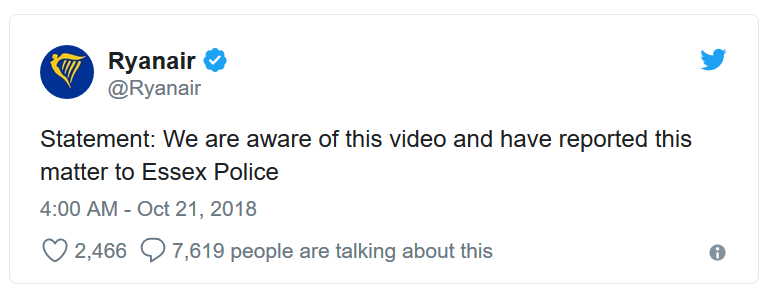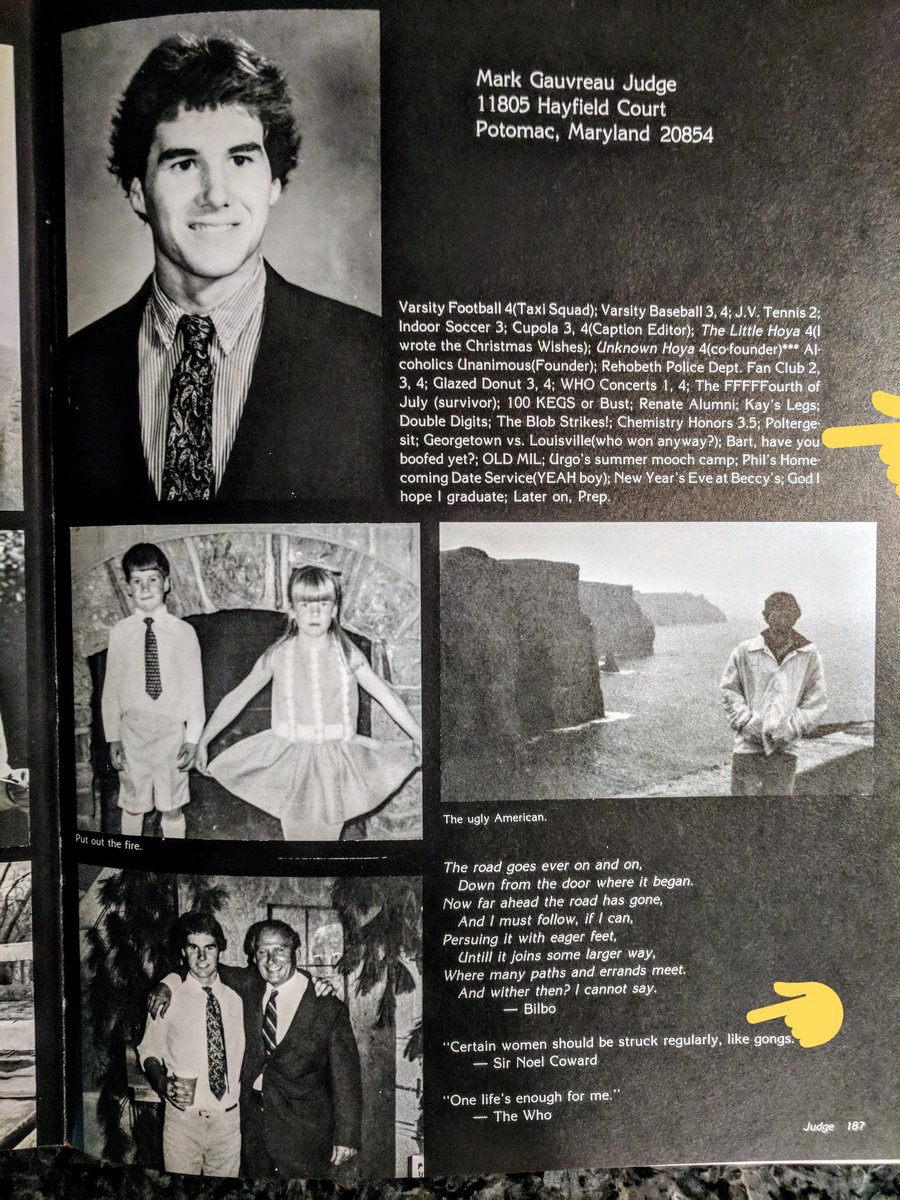Reversal at Maryland
/The University of Maryland has reversed its position on keeping football coach DJ Durkin. At first, Durkin was reinstated after a damning report about player abuse which resulted in the death of a student, Jordan McNair. Critics say the University’s Board of Regents overstepped in disallowing Loh to terminate the coach.
Now, pressure from students, players, the McNair family, and politicians left the University with no choice but to fire Coach Durkin. In a letter, President Loh explained the decision, including his previous concerns about Durkin’s return.
McNair’s father made a statement, including a message to President Loh when asked:
“The same thing I’ve always said to Dr. Loh. I’ve always commended Dr. Loh for having a level of integrity and doing the right thing even since he first initially came to the hospital, and secondly, when he came to us as a family to apologize and to take full moral and legal responsible for the tragic events that happened.”
In the meantime, Maryland players were involved in an altercation. It seems as though this situation has divided the team as well.
UPDATE: James T. Brady, chairman of the University System of Maryland’s Board of Regents, resigned last week, and President Loh is winning back his power. A Chronicle article notes that Loh won the “battle waged in the court of public opinion,” and whether he will leave the University as planned is now unclear. In a statement, Brady explained his decision and, using the word “proud” three times, cites board accomplishments during his tenure.
Discussion:
How is this situation an issue of integrity?
The regents had planned to terminate President Loh. Should they reverse this position too?
What should the University do now to repair its image?
We have heard nothing that I found from the regents (except their confidence in Coach Durkin). Should they communicate something now? What could they say that could help instead of hurt the situation?
















